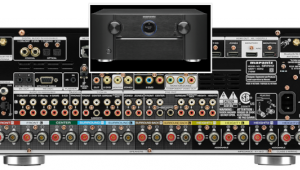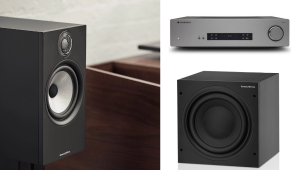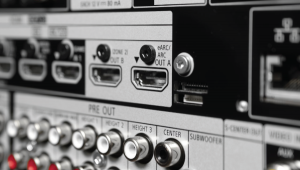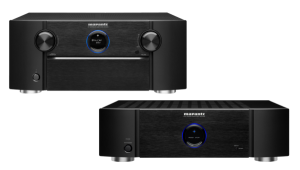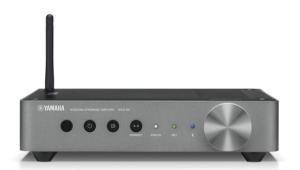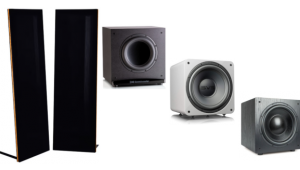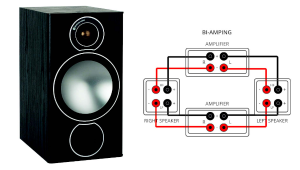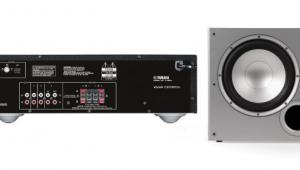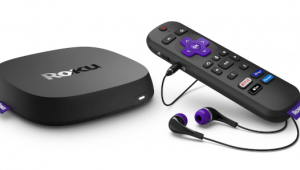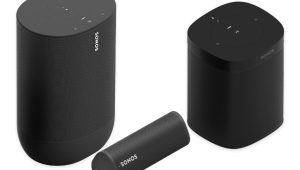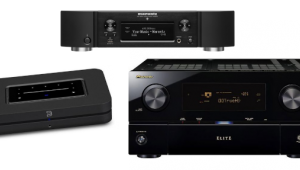thank you for explaining how upsampling works. I didn't really know how it works until you explain it in nice detail. i know upsampling can use interpolations for video resolution but didn't know that good video upsampling also uses noise reduction, fine contrast, and detail enhancement too. Didn't know that is also the case with audio upsampling. now i do. cool.
Is Audio Upsampling the Same as Video Upscaling?
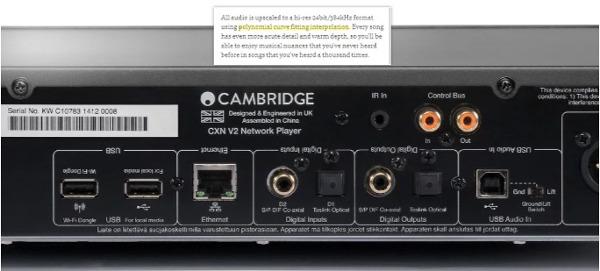
Q When researching DACs, I ran across the Cambridge Audio CXN, a network audio player that upsamples all inputs to a 24-bit/384kHz hi-res format using “polynomial curve fitting interpolation.” This seems to be the only DAC that offers that kind of feature. Most Ultra HDTVs and Blu-ray players also provide upscaling, but for video. In my experience, this is a very effective feature that improves the experience of watching a regular DVD. Here’s my question: Does audio upsampling have the same effect as video upscaling? —Mike Yang / via e-mail
A Many audio DACs perform some type of upsampling or oversampling before converting the digital bitstream to analog format. According to Cambridge Audio, what’s different about the upsampling technology used in its CXN is that an algorithm interpolates audio data with greater precision than standard sample-rate convertors can deliver, creating a curved waveform that more closely approximates the original analog audio signal. Other benefits it cites include a reduction in jitter distortion and an ability to apply processing to all inputs, including compressed streamed sources like Spotify.
Audio upsampling is in many ways similar to the scaling that happens with Ultra HDTVs and Blu-ray players. For video, however, the processing generates new image pixels instead of converting audio samples.
With most high-quality video scaling solutions, an algorithm scales the original image data using a combination of noise reduction, pixel interpolation (to render smooth, jaggy-free edges), and fine contrast and detail enhancement. As you’ve confirmed with your own eyes, the results can look very good. On the audio side, products like Cary Audio’s AiOS, an upsampling integrated amplifier/DAC that delivered impressive performance when we tested it in 2017, confirm that audio upscaling can also have a beneficial effect.
- Log in or register to post comments

